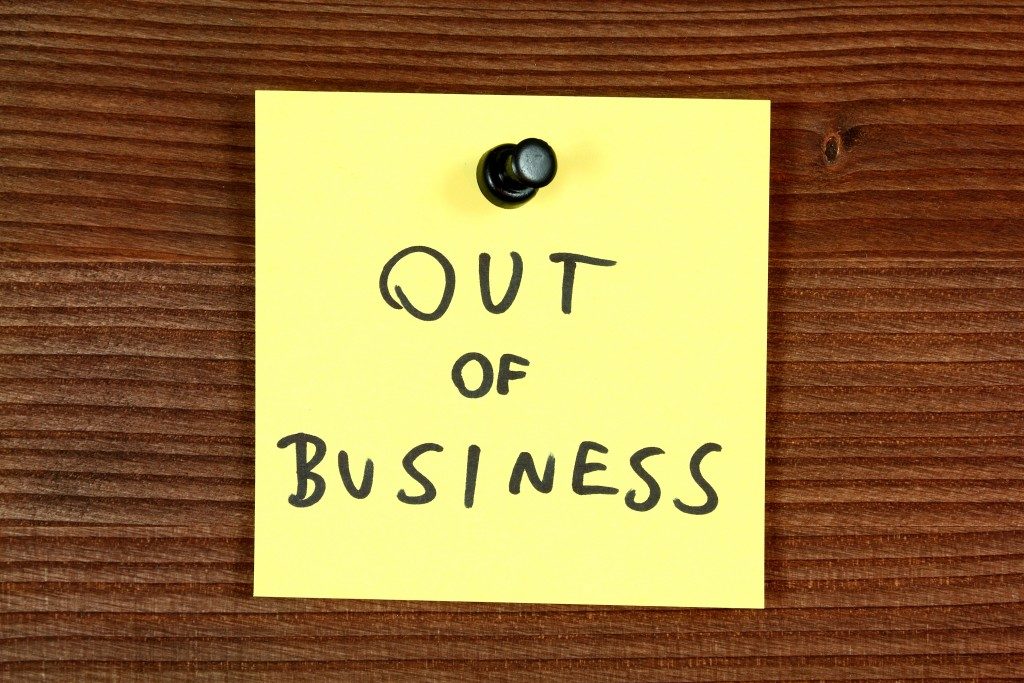It’s totally normal for people to be afraid when starting a business. After all, you’re doing something that changes your life. But just because it’s understandable to be fearful doesn’t mean you wouldn’t do anything about it. In fact, the way to move forward is to acknowledge your fears further.
This way, you can better deal with them. In most instances, new entrepreneurs struggle with these three fears.
Being inadequate
It’s hard to take that first step into entrepreneurship when you fear that you’re not good enough. When you don’t have the knowledge that would sustain the business, the experience that would separate you from your competitors. It’s easy to give up on the dream even before you try your hand on it.
But here’s the thing, no entrepreneur starts out knowledgeable and experienced already. Someone may have been working at the restaurant industry for so long or has been taught the tricks of the trade by his parents, a business institution or a mentor.
But the moment he assumes ownership of a business, he will still struggle with inadequacy all the same.
Don’t be too hard on yourself. Take one step at a time. Pick up the learnings you can pick up along the way. Immerse yourself in the operations.
Just do what you have to do and trust that the process will mold you into a better entrepreneur.
Failing big time
The truth about entrepreneurship is that even though there’s a lot of promising, profitable wins, there are also inevitable losses. There are small flops that you can bear, like an angry customer complaining about the dessert you served or a social media campaign that never resonated to your audience.
But then some are very hard to recover from, like losing market appeal or engaging in a business opportunity that turned out to be a liability. Of course, no one wants to go through the financial, emotional, mental stress that comes with these sorts of failures.
But if this is what’s holding you back from becoming an entrepreneur, know that there are ways to reduce your chances of failing. For one, you can go for tried-and-tested business models, like franchising. Maybe start with small ice cream business franchises to try your hand in the food service industry.
Another way is to have a back-up plan. Consult business experts in crafting it, so they can spot blind spots for you. The bottom line is, there’s a way to manage failures.
Losing money

You’ve heard the horror stories: your friend’s start-up going bankrupt or your former colleague blowing up his savings just to put up his own venture. Money is a common source of fear for many newbies, precisely because it’s the very thing that creates the business and keeps it afloat.
Without it, the business idea is just that, an abstract, theoretical idea. If you’re worried about losing your personal savings and risking it to total loss, in the end, consider other ways to fund your venture. For instance, you can try crowdfunding.
You may also apply for business grants from government agencies. Of course, your only “capital” in these endeavors is again, your faith in your business model packaged in your winning pitch. Work on that.
What’s holding you back from starting your business? Don’t wallow into it. Don’t be paralyzed by it. Instead, come up with a game plan for overcoming them.




